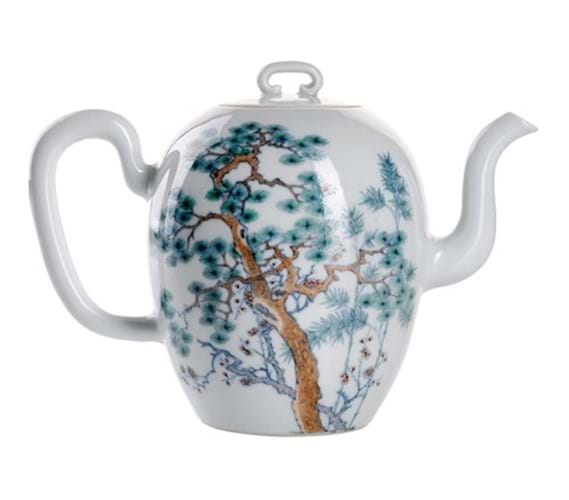
It will now hold these auctions in Brussels following the introduction of a law for the protection of works of art of cultural interest (Kulturschutzgesetz), which came into force last August.
The move by Lempertz comes just a month after Stuttgart competitor Nagel (ATG 2284), announced it will hold future Asian art sales outside of Germany.
Among the critics of the cultural heritage law was Henrik Hanstein, owner of Lempertz, who expressed his intention to transfer sales if and when the new legislation became law. Whilst Nagel is holding its sales in Salzburg, the move is not such a logistical upheaval for Lempertz: the company has been represented in Brussels since 1985 and has held yearly sales of African and Oceanic art there since 1992. Three years ago it opened its new premises in the Rue du Grand Cerf in the heart of the city, where the first Asian auction will be held on June 15, four days after Cultures - The World Arts Fair closes its doors in the Belgian capital.
Catalyst for Legislation
The catalysts to the legislation put forward by German culture minister Monika Grütters in 2015 were two-fold: fears that Germany could contribute to the trade in looted antiquities and by the outcry that followed the 2014 sale at Christie’s New York of two Andy Warhols consigned by a German state-owned casino conglomerate.
The new law says that dealers and collectors must obtain approval in order to export outside the EU any work of art that is older than 50 years and priced over €150,000. Within the EU, an export permit is required for works more than 75 years old and over €300,000.
Under the new due diligence guidelines, the Kulturgutschutzgesetz demands proof of provenance before ‘cultural goods’ are sold – paperwork that is often not available. Export licences are also required when these items – some with relatively modest values of €2500 – are sold to a foreign buyer.





